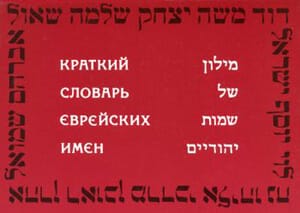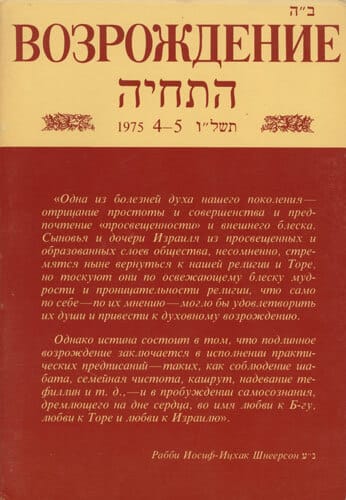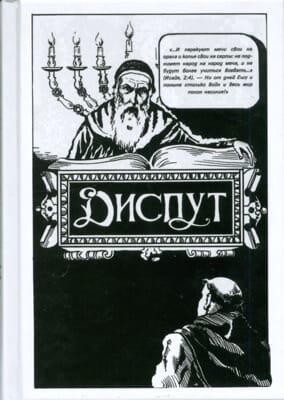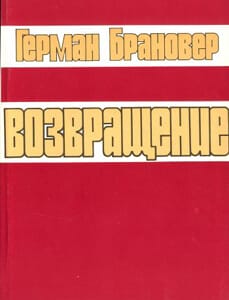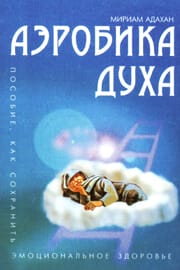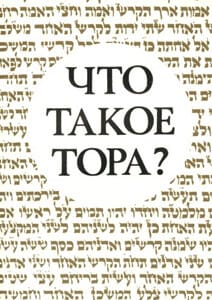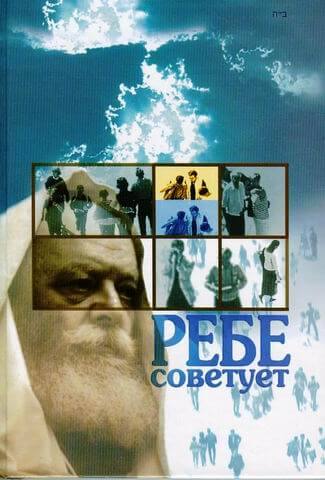Description
Sefer Chasidim (‘Book of Saints’), was the major work produced in the circle of the Saints of Germany. Although Judah the Saint of Regensburg (died 1217) is considered to be the author of Sefer Chasidim there are a number of passages which come from other hands. The book in its present form also contains the Ethical Will of Judah the Saint.
Sefer Chasidim is not a systematic work of religion and ethics but consists of moral tales, ethical maxims, short treatises on various religious themes, all describing the ideal life of the Hasid, not necessarily a scholar, who strives to lead a life of extraordinary piety . The ideal of charity is particularly stressed.
High Standards
Reading between the lines, it becomes clear that the saintly demands were not always to the taste of the community heads responsible for the administration of charity funds. The following passage (No. 870) speaks for itself:
‘The community leaders noticed that a good Jew in the town offered hospitality to visitors. He was once a rich man who made guests so welcome that they would always visit him. After a time the man lost his wealth but the guests continued to come to him. The members of the town council were then obliged to say to the man: “We know that you are unable to spend so much on your guests, but since they still come to you please accept this charity money so that you can continue to supply your guests with food and drink.”’
‘It is in order for the man to inform his guests that the money with which he supplies their needs is charity money so that they should not think they owe him a personal debt of gratitude. If, however, the guests do think that the money is his own, and if they knew it was charity money they would be ashamed to accept it, then it is better not to tell them the truth. Even though they will think it is his own money that he is spending on them, this is not to be compared to misrepresentation since he has not misled them; they have misled themselves.’
‘Furthermore, even if the host, a God-fearing man who has lost his money, is ashamed to admit to his guests that he is using charity money, it is no worse than the man who says to the charity overseers: “Give me charity for myself” and then gives the money to the poor. Concerning such a case it is said: “Happy is he that consider the poor (Psalms 41:2 ).”’
What the community leaders had to say we are not told but can easily guess.
Format: 7 x 10, 616 pp. Hardcover.
Sefer Hasidim is one of the oldest books of the Musar teaching, which considers the goal of a pious person to come to awe of Heaven, to correct himself, to cleanse his heart of shortcomings and to elevate his soul in order to found his home on the eternal values of the Divine covenant, to take part in the mission entrusted by the Lord upon His people, and be worthy of a share in the World to Come, when the Divine presence will be revealed throughout the whole earth. The book Sefer Hasidim came from the pen of the great sage of the early commentator period and had a great influence on the formation of the customs of various communities. The Almighty, blessed be He, created man “in His image” and expects from him sincere service, elimination of spiritual defects and introduction to Divine knowledge. The study and observance of the Torah leads us to the elevation of the soul, the awe of Heaven, allows us to correct the part of Creation associated with us and make our life sublime and refined.


![Sefer Chasidim [Сефер Хасидим - Книга Благочестивых]](https://e9dtcjviczt.exactdn.com/wp-content/uploads/2024/04/Sefer_Hasidim_Oblozhka.jpg?strip=all&lossy=1&ssl=1)
